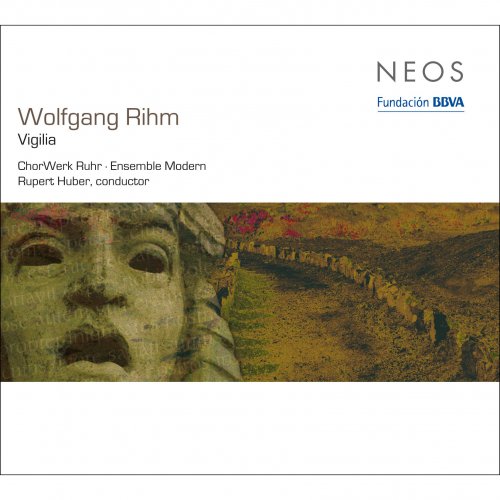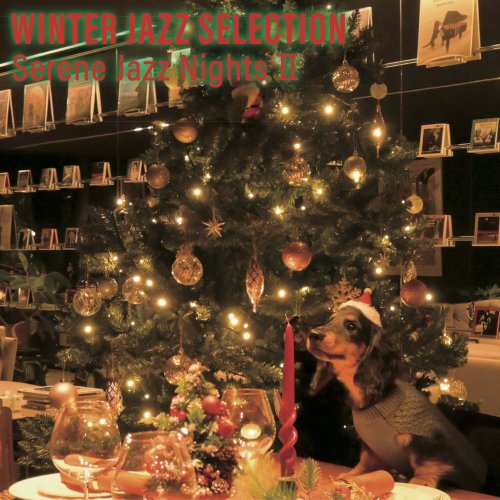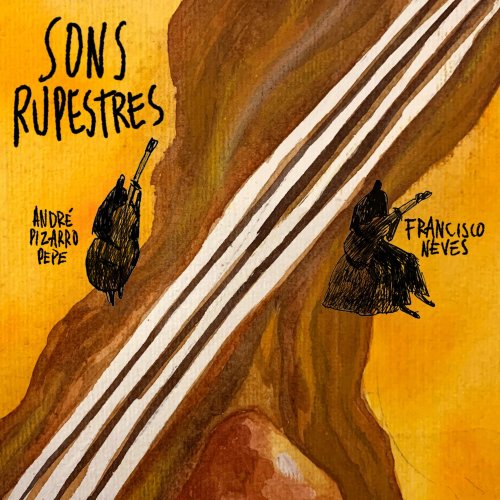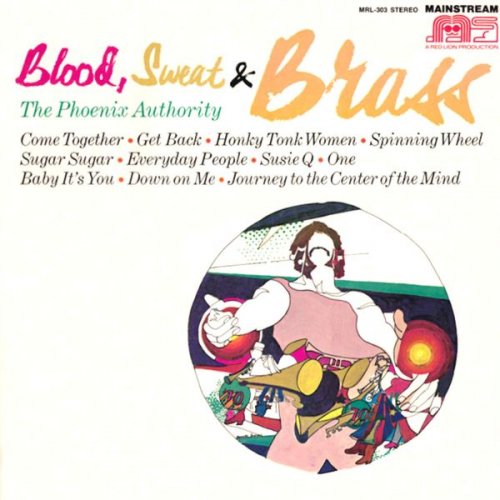Ruhr ChorWerk, Ensemble Modern, Rupert Huber - Rihm: Vigilia (2010)

Artist: Ruhr ChorWerk, Ensemble Modern, Rupert Huber
Title: Rihm: Vigilia
Year Of Release: 2010
Label: NEOS
Genre: Classical
Quality: FLAC (tracks)
Total Time: 01:01:43
Total Size: 205 Mb
WebSite: Album Preview
Tracklist:Title: Rihm: Vigilia
Year Of Release: 2010
Label: NEOS
Genre: Classical
Quality: FLAC (tracks)
Total Time: 01:01:43
Total Size: 205 Mb
WebSite: Album Preview
Vigilia, For Six Voices And Ensemble (2006) 1:01:53
1. Sonata I 5:05
2. Motetus I 2:29
3. Sonata II 1:03
4. Motetus II 3:45
5. Sonata III 2:13
6. Motetus III 3:22
7. Sonata IV 2:21
8. Motetus IV 4:44
9. Sonata V 2:35
10. Motetus V 4:02
11. Sonata VI 2:43
12. Motetus VI 2:29
13. Sonata VII 3:47
14. Motetus VII 5:08
15. Miserere 16:06
Performers:
Alto Vocals – Beate Westerkamp, Christina Röckelein, Kerstin Stöcker, Wolfgang Simons
Authoring – Robert F. Schneider
Baritone Vocals – Bernd Horbach, Christian Walter (6), Leon Malaver-Grisales*, Martin Lindsay
Bass Vocals – Bruno Vargas (4), Lucas Singer, Magnus-Cosmas Piontek*, Thomas Demmler
Chorus – ChorWerk Ruhr
Clarinet – Nina Janßen
Conductor – Rupert Huber (2)
Double Bass – Peter Schlier
Editor – Brigitte Weinmann
Engineer [Sound] – Olaf Mielke
Ensemble – Ensemble Modern
Horn – Saar Berger
Organ – Francesco Filidei
Percussion – Rumi Ogawa
Soprano Vocals – Anja Stäbler, Christina Kühne, Helena Günther, Irmela Brünger
Tenor Vocals – Bruno Michalke, David Rohr, Jens Eggert, Jörg Krause*, Marco Schweizer (2), Matthias Klosinski, Rolf Ehlers, Thomas Vogel (6)
Trombone – Michael Büttler, Uwe Dierksen
Tuba – Jozsef Juhasz
Viola – Werner Dickel
Violoncello – Jan-Filip Tupa
German composer Wolfgang Rihm is undeniably a modernist, but his music is unpredictably eclectic, and a work like Vigilia (2006), for mixed voices and chamber ensemble, is emotionally transparent enough that it could be used effectively in a liturgical setting. Lasting an hour, it alternates seven instrumental sections ("Sonatas") with seven motets, some a cappella and some accompanied, and it culminates in a Miserere that constitutes about a quarter of its length. The Latin texts, derived from Biblical texts relating to Good Friday, are somber and mostly contemplative. The tone of the whole piece, while expressive of the solemn character of the story, is colorfully varied, with movements sufficiently differentiated that the mood of grief conveyed is never monolithic or monotonous. Rihm uses recognizable choral conventions, particularly Renaissance polyphony, to give the music a familiar emotional anchor, although his harmonic language is wide-ranging, from the use of modes to dense, contemporary clusters. His uninhibited appropriation of earlier and modern traditions, while filtered through his sophisticated individual style, gives the music an engaging expressive freedom and spontaneity. The work receives a terrific performance from two of Europe's most accomplished new music groups, Ensemble Modern and ChorWerk Ruhr. Rupert Huber leads them through the treacherously difficult score with assurance and gives each movement and the work as a whole a meaningful directional arc. The sound of the SACD is warm and ambient.
![Paul Mauriat - L'avventura (1972) [Hi-Res] Paul Mauriat - L'avventura (1972) [Hi-Res]](https://img.israbox.com/img/2025-12/19/q8l5an3pdrx7j3uta0q4cr2qi.jpg)
![Clifton Chenier - The King of Zydeco (Live) (1981) [Hi-Res] Clifton Chenier - The King of Zydeco (Live) (1981) [Hi-Res]](https://img.israbox.com/img/2025-12/20/xjfs68k4k2e6nw8a1vz89ft6c.jpg)


![Cornelius Claudio Kreusch - Scoop (2025) [Hi-Res] Cornelius Claudio Kreusch - Scoop (2025) [Hi-Res]](https://www.dibpic.com/uploads/posts/2025-12/1765893706_folder.jpg)

![Betty Carter - The Music Never Stops (2019) [Hi-Res] Betty Carter - The Music Never Stops (2019) [Hi-Res]](https://www.dibpic.com/uploads/posts/2025-12/1765896843_bcmn500.jpg)
![Noé Sécula - A Sphere Between Other Obsessions (2025) [Hi-Res] Noé Sécula - A Sphere Between Other Obsessions (2025) [Hi-Res]](https://www.dibpic.com/uploads/posts/2025-12/1766108017_sej880ryk23va_600.jpg)
![The Mood Mosaic - The Sexploitation (Pulp Grooves From The Mondo Porno Vault) (2025) [Hi-Res] The Mood Mosaic - The Sexploitation (Pulp Grooves From The Mondo Porno Vault) (2025) [Hi-Res]](https://www.dibpic.com/uploads/posts/2025-12/1766131648_uhod8d4qn4msi_600.jpg)